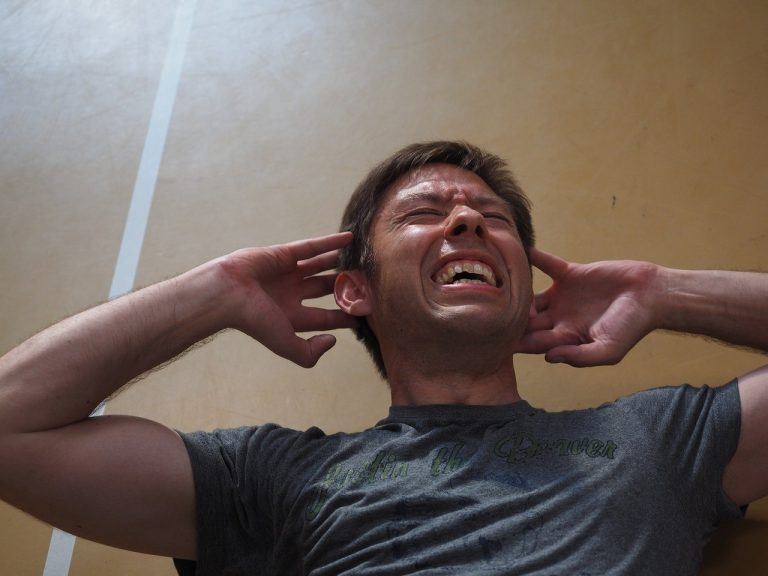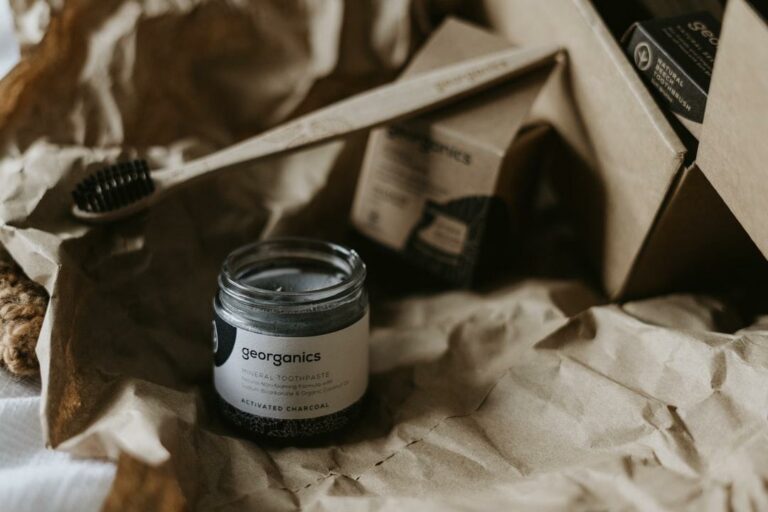The Best Way to Brush Teeth: A Las Vegas Orthodontist’s Guide
Brushing your teeth — it’s something you’ve been doing every day, probably for as long as you can remember. There’s a good chance you hardly even think about it. It’s more like a reflex at this point. If you have children, you’re likely working to instill the same habit in them.
Have you ever really given much thought to how you brush your teeth? You might know some basic tips, like brushing for two minutes in the morning and again at night, but there are several other little things you can do to improve your habits — and your oral health. Las Vegas orthodontist Dr. Hansen offers some additional tips to boost your at-home oral hygiene routine.
The Best Way to Brush Your Teeth
Believe it or not, there’s an ideal technique for brushing your teeth. Here’s a quick breakdown:
- Wet the bristles of your toothbrush and apply a small (pea-sized) amount of toothpaste
- Hold your toothbrush at a 45° angle to your gums
- Move your toothbrush in gentle, circular motions to clean the surfaces of your teeth
- Brush the outside, chewing surfaces, and inside of all of your teeth
- Brush your tongue and rinse your mouth with water
How Often Should You Brush Your Teeth?
The American Dental Association recommends brushing your teeth at least twice a day for two minutes each time. If you wear braces or Invisalign, you may also want to consider brushing between meals.
Should You Use a Regular or an Electric Toothbrush?
There’s been a lot of debate over whether you should use a manual or an electric toothbrush. Some studies point toward the latter being more effective for preventing gingivitis and protecting your gum health. They may also be a better option for those with braces and limited mobility (such as arthritis). Children tend to find them more exciting to use, too. However, the choice between the two is up to you.
Mistakes to Avoid
While brushing is pretty straightforward, there are also a lot of easy mistakes to make. Here are a few to avoid for the best results:
- Brushing too hard: Aggressive scrubbing erodes your tooth enamel, leaving you more susceptible to decay and tooth sensitivity.
- Brushing too soon after a meal: Wait for at least 20 to 30 minutes after eating to brush to give the acids in your mouth a chance to neutralize.
- Rushing: You need to brush your teeth for at least two minutes every time.
- Keeping your toothbrush for too long: You should replace your toothbrush every three to four months or as soon as you notice the bristles fraying.
- Ignoring the importance of flossing and mouthwash: Brushing is only a part of the equation. You should floss at least once a day and rinse with an antibacterial mouthwash.
Looking for Additional Tips for a Healthy Smile?
Little things like the angle of your toothbrush, the pressure you use, and your brushing motion might not seem like a big deal. However, they can have a significant impact on your overall oral health.
Do you need additional tips and tricks for preventing cavities and gum disease and keeping your smile healthy and beautiful? Dr. Hansen of Las Vegas is here to help. Visit us online to learn more or schedule your appointment today.





